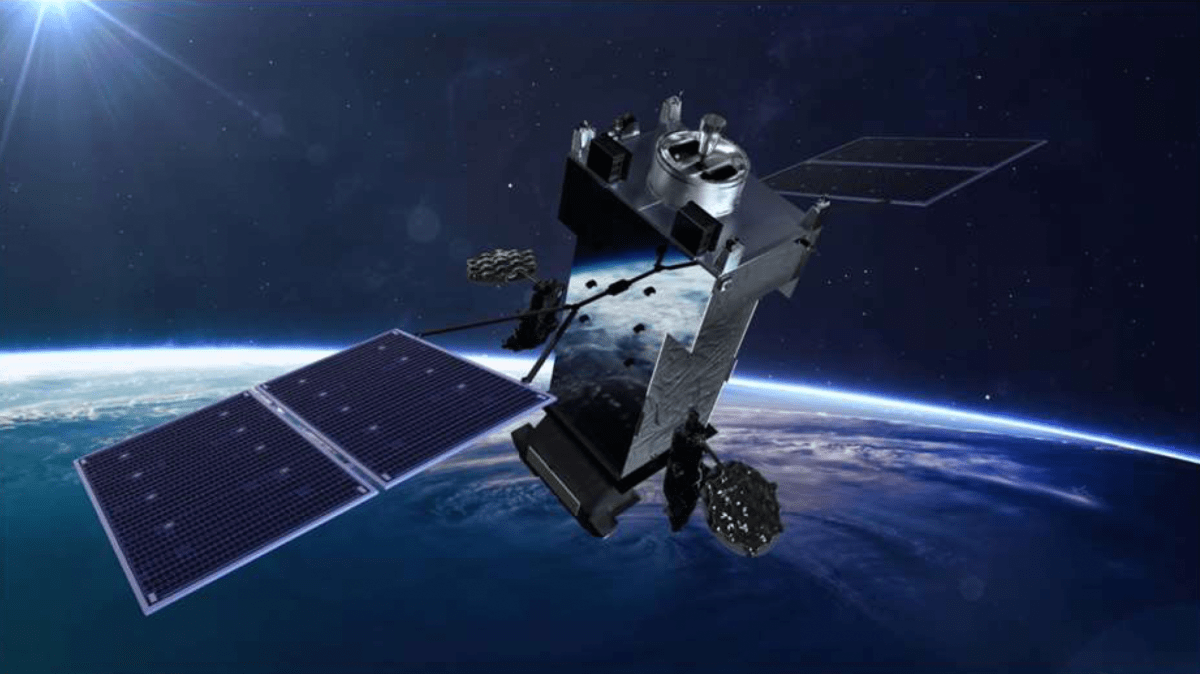WASHINGTON — The Pentagon announced on June 21 that Lockheed Martin Space has been awarded a $977.5 million contract extension for the continued development, testing, and on-orbit support of two geosynchronous missile-warning satellites. This latest award brings the total value of Lockheed Martin’s contract for the Next-Generation Overhead Persistent Infrared (Next-Gen OPIR) program to $8.2 billion.
The Next-Gen OPIR satellites are designed to detect and track ballistic missile launches, providing early warning of potential attacks. These advanced spacecraft use infrared sensors to identify the heat signatures of incoming missiles and securely transmit this critical information to ground stations.
Lockheed Martin, based in Sunnyvale, California, was initially selected in 2018 to spearhead the development of the OPIR satellites. The recent contract modification, known as Phase 2.1B, extends the company’s work until 2029 and covers “on-orbit developmental and operational testing, calibration, and tuning of the OPIR main mission payload,” according to the Pentagon’s statement.
Program cut down from three to two satellites
The Next-Gen OPIR program was originally planned as a five-satellite constellation — three in geosynchronous orbit (GEO) and two in highly elliptical polar orbits (HEO). The U.S. Space Force has since decided to reduce the number of GEO satellites to two. This adjustment aligns with a broader strategy to disaggregate missile warning capabilities by diversifying satellite orbits.
While Lockheed Martin Space serves as the prime contractor for the GEO satellites, Raytheon is developing the mission payloads. For the polar satellites, Northrop Grumman leads as the prime contractor, working in collaboration with BAE Systems on the infrared payloads.
The program has faced some challenges, with payload delays potentially pushing back the launch of the first OPIR GEO satellite from 2025 to 2026, according to Frank Calvelli, head of Space Force acquisitions.
